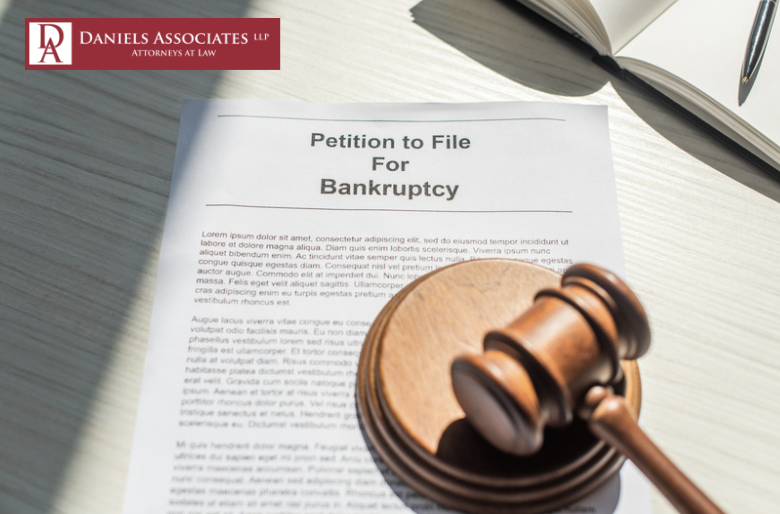You’ve likely heard many misconceptions surrounding bankruptcy. Unfortunately, these myths can cause people to avoid filing for bankruptcy when it could be the best solution for their financial struggles. Let’s take a closer look at some of the most common bankruptcy myths and set the record straight.
Myth #1: Filing for Bankruptcy Means You’re a Failure
Many people believe that filing for bankruptcy means that you’ve failed financially. However, bankruptcy is a legal and legitimate way for individuals and businesses to resolve their debts and make a fresh start. In fact, some of the most successful people have filed for bankruptcy, including Abraham Lincoln and Walt Disney.
Myth #2: You’ll Lose Everything You Own
Another common myth is that you’ll lose everything you own if you file for bankruptcy. This isn’t true. In most cases, you can keep your house, car, and other essential assets by claiming them as exemptions. Additionally, certain debts, like student loans and taxes, may not be discharged in bankruptcy, but you can still keep your property.
Myth #3: Bankruptcy Ruins Your Credit Forever
While filing for bankruptcy will have a negative impact on your credit score, it won’t ruin it forever. Bankruptcy stays on your credit report for up to 10 years, but you can start rebuilding your credit right away. Many people are able to obtain credit cards and other loans within a year or two of filing for bankruptcy.
Myth #4: You Can Only File for Bankruptcy Once
Contrary to popular belief, you can file for bankruptcy more than once. However, there are certain restrictions on when you can file again and which type of bankruptcy you can file. For example, if you filed for Chapter 7 bankruptcy, you must wait eight years before filing again. If you filed for Chapter 13 bankruptcy, you can file again after two years.
Myth #5: You Don’t Need an Attorney to File for Bankruptcy
While it’s possible to file for bankruptcy without an attorney, it’s not recommended. Bankruptcy is a complicated process that involves a lot of paperwork and legal terminology. An attorney can help you understand your options, protect your assets, and ensure that your bankruptcy case goes smoothly.
There are many misconceptions surrounding bankruptcy that can prevent people from seeking the help they need. If you are considering filing for bankruptcy, be sure to contact us to schedule your free consultation today.


